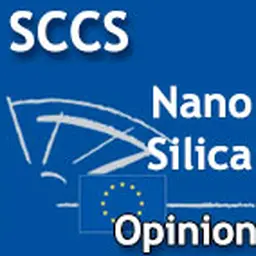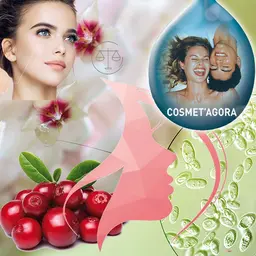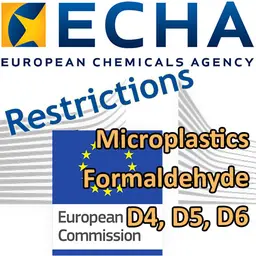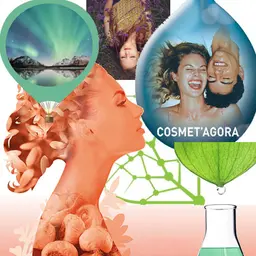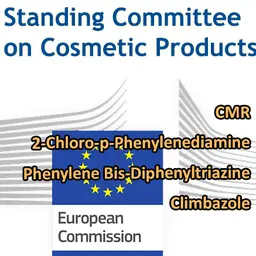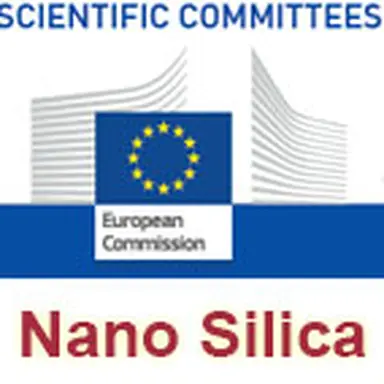
Nanomaterials and their nanoparticles in cosmetic products have been raising questions and concerns. In March 2015, the SCCS (Scientific Committee on Consumer Safety) published an Opinion on silica in nanoform and concluded the data available were insufficient to assess its safety. Is there a risk for consumer health, then? The European Commission released a fact sheet intended for the general public.
Text from the fact sheet published by the European Commission in July 2015
Is it safe to use cosmetics containing silica in nanoform?
What is silica in nanoform?
Something is in ‘nanoform’ when particles of that substance are less than 100 nm in size (a nanometre is a millionth of a millimetre). To put it into perspective, around one thousand nanoparticles could fit across the width of a single hair.
Nanoparticles are unintentionally produced through many industrial and domestic activities, like cooking, manufacturing and the use of internal combustion or jet engines which release nanoparticles into the atmosphere. Added to that, nanoforms are now intentionally engineered for commercial and other purposes, and people are therefore increasingly exposed to them through a variety of sources.
Silica itself includes a broad range of minerals, all made up of the two common elements in the earth’s crust – silicon and oxygen. Silica includes quartz, used to make glass, and it is also sold as sand and processed for many uses, like manufacturing building materials.
The types of silica discussed here are forms of synthetic amorphous silica (SAS) nanomaterials including Hydrated Silica, Silica Sylilate and Silica Dimethyl Silylate, which are used in leave-on and …

